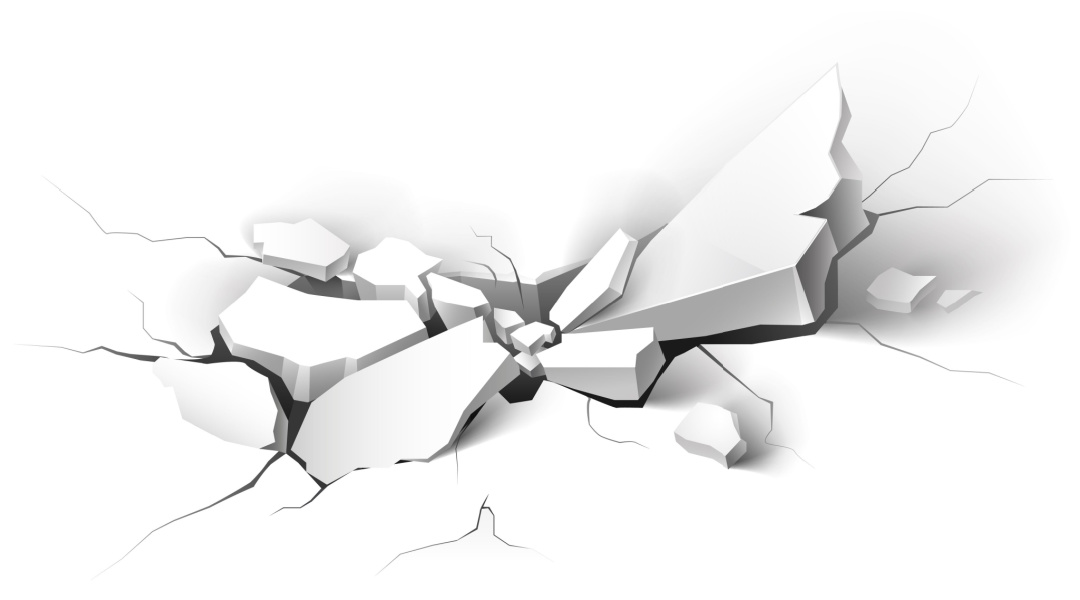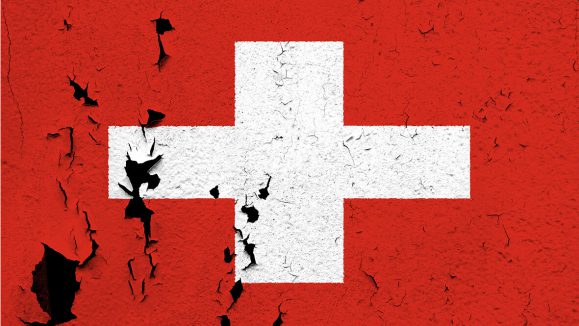Guidelines must adapt as retinal medicine continues to progress, and presenters on the final day of EURETINA 2022 gave a sneak peek at what that might look like.
The final day (Day 4) of the 22nd EURETINA Congress (EURETINA 2022) dawned in Hamburg, and the warriors in it for the long haul steadily trickled into Hall 1 at the Conference Center Hamburg. On tap was a seemingly unassuming session about EURETINA guidelines, but attendees to this sleepy early session got far more than they bargained for.
What ensued was a blitz of the defining trends in the next generation of retinal medicine, from artificial intelligence (AI) to gene therapy, to geographic atrophy (GA) disease. As the discussion heated up and lines formed for post-talk discussion session mic time, it quickly became clear that this would be a defining session of the conference.
Home OCT and The AI Revolution
AI is making its mark everywhere these days, and retinal medicine is no exception. This paradigm shift is happening as researchers like Dr. Ursula Schmidt-Erfurth discover insightful truths about retinal fluid.
The days of central retinal thickness (CRT) reigning supreme in exudative macular disease analysis are gone. Optical coherence tomography (OCT) technology has allowed disease progression to be painted with ever-finer brushes, and we now know that fluid compartment types, volumes and changes in these volumes are far more impactful in fine-tuning treatment and treatment regimens. AI fluid monitoring tools like RetInSight (RetInSight GmbH, Vienna, Austria) are here to meet the time consuming challenges of making these measurements (over 5 hours for the most experienced technicians).
Nipping at the heels of the AI revolution is the need for more frequent OCT imaging. And as Prof. Anat Loewenstein knows, at-home OCT has arrived just in time to feed hungry AIs. Well-fed AIs mean cheaper treatments, less burden on public healthcare systems and lower burden of treatment. “It allows for a very good understanding of how an individual therapy works and [doctors] can compare individual therapies”, she concluded.
New Therapies Flipping Retinal Medicine Upside-down
The financial burden of treatments is of great interest to government bureaucrats and penny-pinching health insurance executives the world over. Unholy costs involved in gene therapies are holding them back from going mainstream, and Dr. Dominik Fischer explained exactly what patients and clinicians are missing out on.
Long-used for inherited retinal disease, gene therapies have a plethora of uses for more garden variety retinal afflictions like age-related macular degeneration (AMD), diabetic retinopathy (DR) and retinal vein occlusion (RVO). Bringing costs down with biosimilars is one pathway towards widespread adoption, but cost barriers will need to be broken to bring gene therapies to the large numbers of retinal disease sufferers who need it most.
Speaking of cutting-edge therapies, Dr. Paolo Lanzetta was up next with his review of faricimab (Vabysmo; Roche, Basel, Switzerland) and the TENAYA and LUCERNE trials. These trials are showing that faricimab treatments are longer-duration, low-retreatment options for a variety of macular diseases. Session moderator Dr. Schmidt-Erfurth noted that more research is needed, as bimonthly aflibercept (Eylea; Bayer, Leverkusen, Germany) might not be the best comparator for these trials, but the future for this groundbreaking drug is bright.
Up last was Dr. Jordi Monés and his survey of geographic atrophy (GA) disease. The key takeaway here is that GA is an incredibly complex disease, and new therapies and treatment vectors will emerge as the disease is increasingly subcategorized into phenotypes based on variables like speed of progression. This will help in detecting the disease early, selecting candidates for clinical trials and identifying treatments and treatment regimes for patients with different phenotypes.
Editor’s Note: EURETINA 2022 was held as a hybrid congress in Hamburg, Germany on 1-4 September 2022. Reporting for this story took place at the event. A version of this article was first published in PIE POST, EURETINA 2022 Edition, Issue 4.



